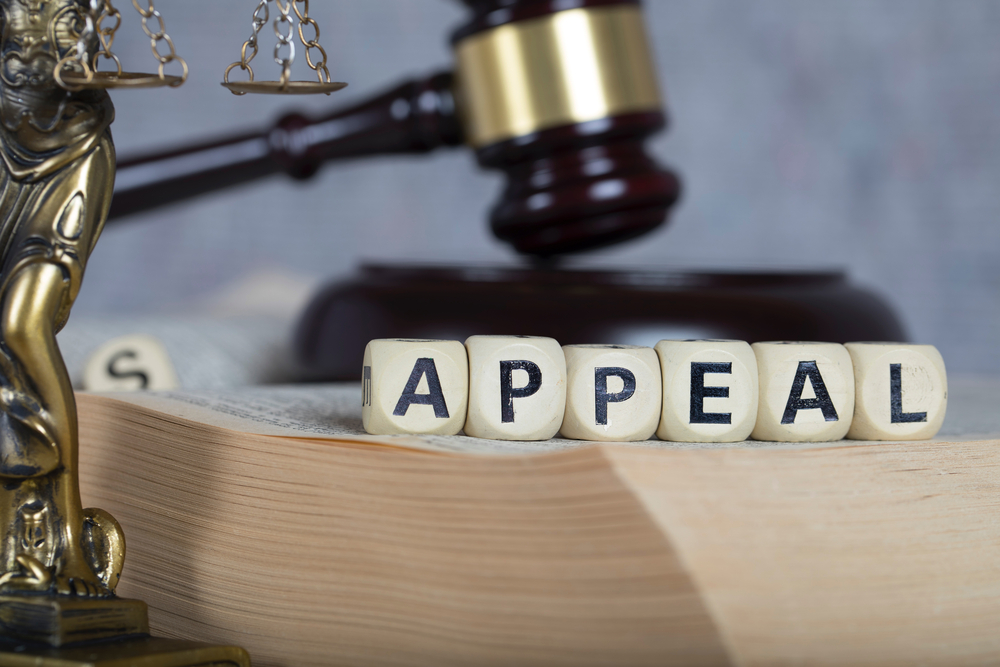Appeals are the process by which a party requests that a higher court review the decision of a lower court because they believe it was made in error. The error appeals courts look for are errors of law or abuses of discretion. But not so fast — before you rush to file an appeal, you are the person making the appeal – the appellant. As the appellant, you must understand that an appeal isn’t a magic wand. An appeal does not guarantee you will get a different result if the outcome of your case was not what you hoped it would be. Typically, for a higher court to reverse a lower court’s decision, there must be an error in how the law was applied in the case.
Understanding the Appellate Process
To know how the appellate process works, it’s crucial to have a basic understanding of how the court system is set up. While most commercial litigation takes place in New York’s trial courts – the Supreme Court of the State of New York. This court is the trial court and not the highest court in the state. Not to be confused with the U.S. Supreme Court — which is the highest federal court in the country — New York State Supreme Courts are trial courts and the tribunal in which a case is first heard. Appeals from this court are made to the Appellate Division in one of the four Judicial Departments with jurisdiction over the matter.
If a party believes an error was made in how the case was decided at the Appellate Division, they have one possible opportunity for an appeal. The New York State Court of Appeals is the state’s highest court and hears appeals from each of the four Appellate Divisions.
What Are the Requirements for Filing an Appeal in Commercial Litigation?
Appeals can only be filed in limited circumstances — and there are specific procedures that must be followed to do so. The appellate courts impose stringent deadlines in place to pursue an appeal, and the clock starts ticking when you are served with a copy of an order or the final judgment in your case.
Notably, only an order or judgment -except default judgments- made by a judge can be appealed. Settlement agreements entered into between parties cannot be appealed to a higher court. Careful thought must be given to the terms of a settlement agreement before entering into it.
Once you have determined that you will be pursuing an appeal, the following steps must be taken:
- File the Notice of Appeal — You only have thirty (30) days from the date you are served with a copy of the Order with Notice of Entry to file a Notice of Appeal. The Notice of Appeal is the document that you file and serve on the other parties to advise them that you will be appealing the court’s decision.
- Ask the court to stop enforcement of the judgment — Filing a Notice of Appeal does not stop the prevailing party from enforcing the lower court’s judgment. You may need to request a stay while the appeal is pending. Getting a stay from the appeals court is a tough ask, and may require you to post a bond.
- Perfect the appeal — An appeal is perfected once you have given the appellate court all of the necessary papers that explain what occurred at the lower court. Perfecting the appeal includes filing the transcript, a written brief, and other papers included in the record.
After the appeal has been perfected, the court may assign a date for oral argument. An oral argument must be specifically requested. If an oral argument is granted, each side who has filed a brief is given fifteen (15) minutes to argue their position.
Contact an Experienced New York Commercial Litigation Attorney
Appeals in commercial litigation are complicated and it’s imperative to have an experienced business attorney by your side who knows how the appellate process works. Brinen & Associates is dedicated to helping entrepreneurs and business owners with various commercial disputes at both the trial and appellate levels. Call (212) 330-8151 or send us a message to learn more about how we can assist you.
